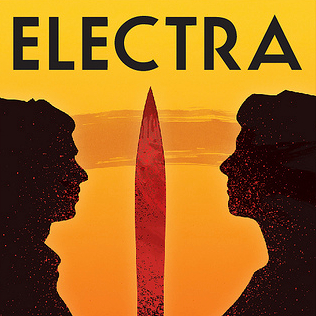Monologue Overview
Show
Character
Gender
Female
Playing Age
Late Teen, Young Adult, Adult
Style
Dramatic
Act/Scene
1
Time & Place
Outside Electra's house, Argolis
Length
Medium
Time Period
Classical
Show Type
Play
Age Guidance
Youth (Y)/General Audiences (G)
More Monologues
Context
Orestes has come to Electra’s home disguised as a
to read the context for this monologue from Electra (Euripides) and to unlock other amazing theatre resources!Text
I will tell you, if I may; and surely I may tell a friend about my own and my father's grievous misfortunes. Now since thou movest me to speak, I entreat thee, sir, tell Orestes of our sorrows; first, describe the dress I wear, the load of squalor
to read the full text for this monologue from Electra (Euripides) and to unlock other amazing theatre resources!Related Learning Modules
All monologues are the property and copyright of their owners.
Monologues are presented on StageAgent for educational purposes only.
Auditions and jobs
near {{headerProps.location}}
Upcoming performances
Getting events near by you...
